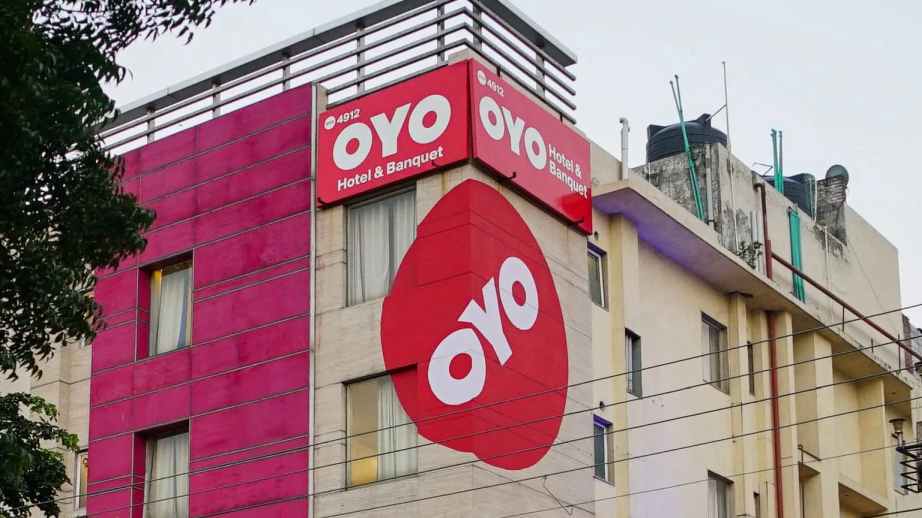SoftBank-backed Oyo is in trouble, annual net loss widened to $335 million on China expansion

Back in January, we wrote about the beleaguered startup Oyo when the budget hotel chain laid off about 2,000 of its employees in China and India. Now, according to a new report from Reuters, Oyo’s losses have widened to more than six-fold in the year to March 2019, as the India-based hotel chain spent heavily to expand into China. In the year ended March 31, 2019, Oyo’s consolidated net loss after tax widened to $335 million, the company said in a statement. Its loss a year earlier was about $50 million, according to data from business intelligence firm Tofler.
However, the news may not come as a surprise to many people following the startup. In recent months, Oyo has been plagued with problems since NY Times exposé claiming the Indian hotel startup’s rapid growth was fueled by questionable practices.
“Since China and other international markets were in development and investment mode during that time, they contributed to 75% of the losses,” Oyo said. However, the company’s gross margin in India improved year-over-year, it added. Consolidated revenue for the same period surged to $951 million from $211 million a year earlier, the company added.
Oyo has changed the way it calculates revenue, Rohit Kapoor, OYO’s chief executive officer for India and South Asia, said on a conference call with reporters.
According to NY Times, Oyo is said to have built up its domestic business by employing shady practices and questionable tactics that are casting doubts on the company’s health. NY Times claimed Oyo is able to bump up the number of listings on its website by including rooms from unavailable hotels, citing chief executive Ritesh Agarwal as well as current and former employees.
To make the matter worse for Oyo, many of those rooms listed are from unlicensed hotels and guesthouses. To avoid problems that authorities might cause them over this practice, the startup sometimes gives free accommodation to the police and other officials, according to the report. On top of it all, NY Times said Oyo also refused to pay hotels the full amounts of money they were allegedly owed, based on interviews with hotel owners and employees, emails, legal complaints, and other documents.
Founded in 2013 by Ritesh Agarwal, Oyo started mainly as a group of budget hotels. Oyo is now the world’s third-largest and fastest-growing hospitality chain of leased and franchised hotels, homes and living spaces. Over a span of six years, the startup expanded its footprint globally with thousands of hotels, vacation homes and millions of rooms in hundreds of cities in India, Malaysia, UAE, Nepal, China, Brazil, UK, Philippines, Japan, Saudi Arabia, Sri Lanka, Indonesia, Vietnam, the United States and more.
Oyo backers include SoftBank Group, Greenoaks Capital, Sequoia India, Lightspeed India, Hero Enterprise, Airbnb and China Lodging Group. OYO has raised a total of $3.2 bilion in funding over 15 rounds. Its latest funding was raised on December 10, 2019 from a Series F round.




